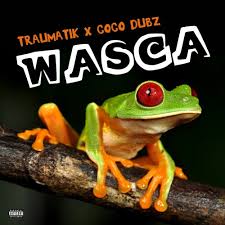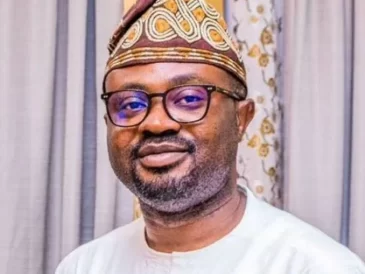Lagos, Aug. 21, 2025 – The West Africa Specialty Coffee Association (WASCA) is to host a training programme for Nigerian stakeholders in the coffee industry with it’s Brazilian development partner, Kukuza Agronegocio
The training is scheduled for March 6 to March 20, 2026 in Brazil, the epicenter of coffee production and trade worldwide.
The programme is aimed at assisting Nigeria to boost her economy through agro tourism and enhanced production of coffee which is a widely sought-after commodity.
In a statement, WASCA said participants would be able to learn about global coffee quality practices and sustainable farming practices and Brazil’s coffee heritage, including Cooperative Management.
It added that the training programme would comprise of field immersion, cooperative visits, laboratory training and strategic planning engaging different stakeholders in the Brazilian value chain.
In 2023, Nigeria exported US$109k of Coffee, making it the 136th largest exporter of Coffee (out of 199) in the world.
The country is reported to be currently importing 95% of the coffee it consumes, despite its propensity for increased production.
Coffee remains the 5th traded commodity on the global market today.
According to WASCA’s President, Larry Segun-Lean, participants would engage in hands-on training in processing fermentation, drying and cupping of coffee seeds.
“They would be able to master quality and marketing from farm to cup, learn how branding, story-telling and direct trade open premium markets, “ he said.
They would also explore climate-resilient farming, agro ecology and income diversification as well as evaluate governance models from successful coffee producing states, and compare them with the current infrastructure in Nigeria.
“All these have great implications for the coffee producing states in Nigeria, who by the way, are expected to be on ground in Brazil should they desire to boost their states’ revenue, “the WASCA boss said.
On addressing poverty and enhancing the welfare of those engaged or interested in the coffee industry in Nigeria, Segun-Lean said participants would be visiting family-run farms and study the Araponga co-operative model to learn how organisation boosts farmer power and market values.
“It is time to learn from the masters and boost our national and individual economy,” he concluded.
Nigerian states engaged in coffee farming include Oyo, Ondo, Ogun, Taraba, Kogi, Cross River, Plateau, Ekiti and Benue. QOthers are Edo, Akwa Ibom, Adamawa, Bauchi, Delta and Abia.
Lots of expressions are expected from key players and enthusiasts from the Industry both from Nigeria and West Africa, the jurisdiction of the association.





